Keillor Fellow helps Great Lakes communities plan for coastal hazards
Helena Tiedmann’s interest in the Great Lakes began with a new city and a book. Tiedmann, who grew up on a small family farm in Connecticut, moved to Milwaukee after graduating from Beloit College with a degree in environmental geology and political science. It was there she became enamored with the big lake in her backyard.
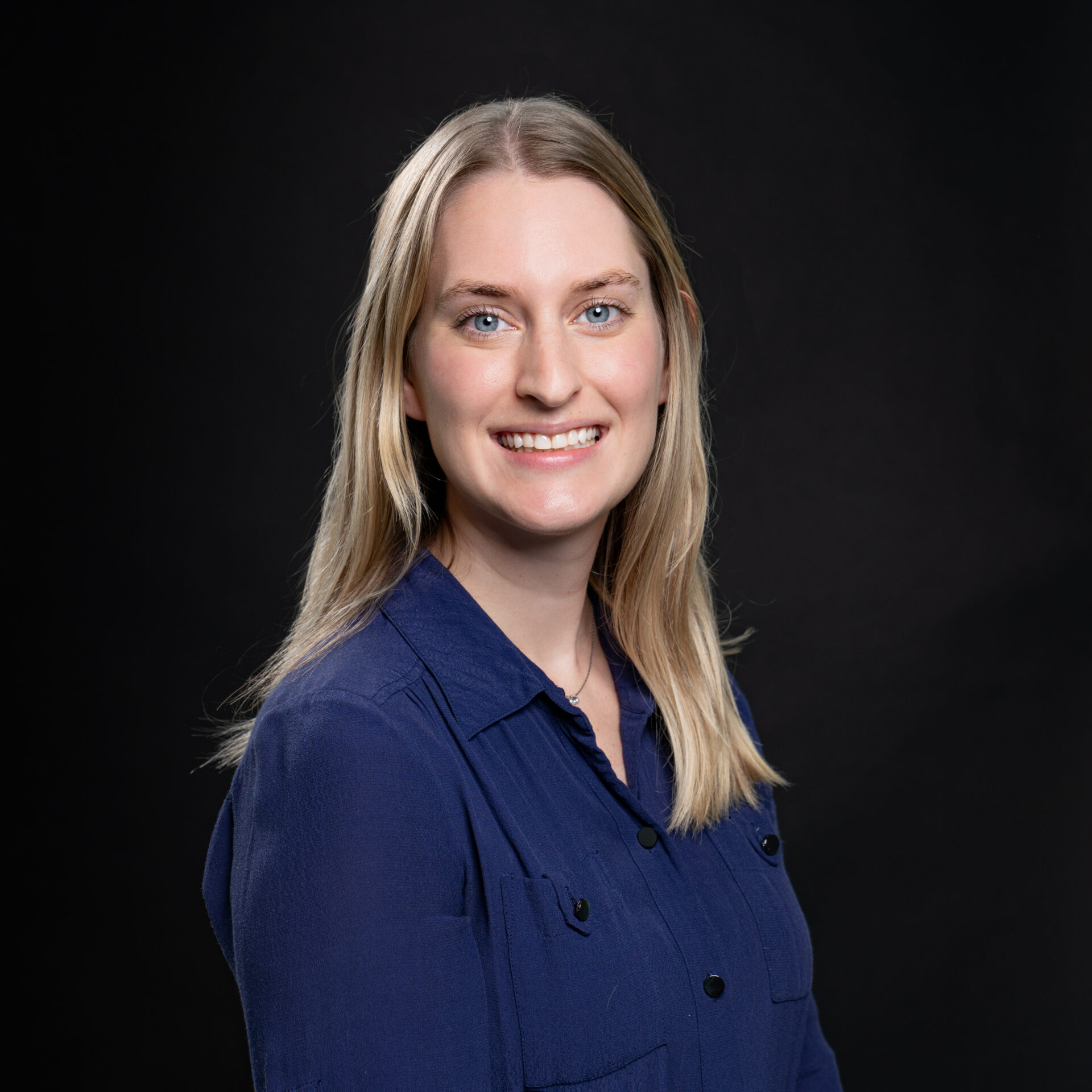
Helena Tiedmann is the 2023–2024 Wisconsin Coastal Management–Wisconsin Sea Grant Keillor Fellow. Submitted photo.
“I just really fell in love with Lake Michigan and loved being there,” said Tiedmann. “It was during that time that I read The Death and Life of the Great Lakes by Dan Egan, and that opened my eyes to what an incredible and complicated history this resource has.”
Now the J. Philip Keillor Wisconsin Coastal Management–Wisconsin Sea Grant Fellow, Tiedmann, who has a Ph.D. in civil engineering, works at the intersection of science and policy to help Great Lakes communities build their resilience to coastal hazards like bluff erosion, flooding and changing water levels. Her main project is updating the “Coastal Processes Manual”—a publication about the risk that storms and other coastal hazards pose to shoreline communities.
“I’m taking the lead on one of the remaining chapters, which is about resilience planning and strategies,” she said. “I’m really excited because that’s right in my wheelhouse.”
Tiedmann’s background is in water systems, specifically how they respond to natural disasters or unexpected crises. She experienced two of them while a graduate student at the University of Texas at Austin: the COVID-19 pandemic and Winter Storm Uri, which resulted in deadly power blackouts during some of the coldest temperatures the region has ever seen.
Tiedmann ended up studying both events. Her master’s thesis explored how water systems responded to the pandemic, and her dissertation, Winter Storm Uri. While Texas doesn’t have Great Lakes, she’s finding that what she learned during her graduate work can be applied to coastal environments in Wisconsin.
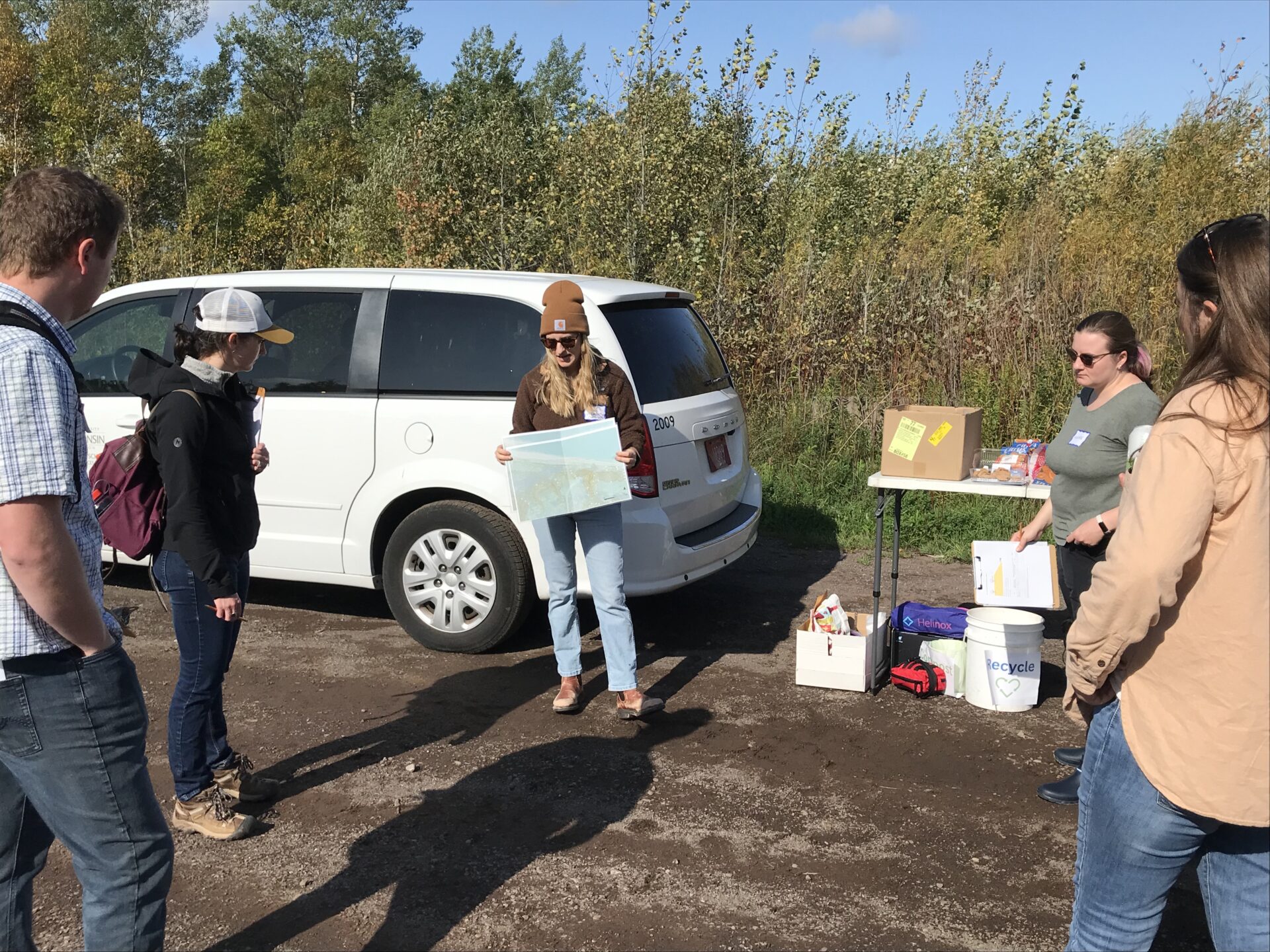
Tiedmann holds us a topographical map and discusses bluff erosion at Schafer Beach in Superior, Wisconsin. Credit: Wisconsin Sea Grant
“A big part of my work that can be transferred here is looking at building resilience through a multidimensional approach,” she said. That means evaluating problems and solutions through multiple lenses and taking both infrastructure and economic, environmental, governance and social systems into account.
The fellowship is also giving Tiedmann an opportunity to work outside her wheelhouse and learn new things, like the “nitty, gritty details of coastal processes.”
“I’ve been really, really enjoying it because it’s a new set of problems to learn about,” she said.
One example is low water levels in the Great Lakes, which present a unique set of challenges.
“When the water levels are low, we often collectively forget that they will likely come back up again. So, there can be a temptation to build closer to the water,” which can cause future problems, said Tiedmann. Low water levels can also accelerate rotting of wooden docks and expose drinking water intakes.
If she has a question, Tiedmann can turn to an experienced team of mentors that includes Kate Angel and Todd Breiby of the Wisconsin Coastal Management Program and Wisconsin Sea Grant’s Coastal Engineering Outreach specialist Adam Bechle. Bechle himself is a former Keillor fellow, as are two of Tiedmann’s colleagues in the coastal management office—Lydia Salus and Hannah Paulson.
“We have kind of like, a Keillor club,” laughs Tiedmann. The small-but-mighty coastal planning community is one reason she feels energized about her work.
“Seeing what a vibrant, tight-knit community of people there [is] working to make life along the Great Lakes better—that’s super exciting to me.”
The post Keillor Fellow helps Great Lakes communities plan for coastal hazards first appeared on Wisconsin Sea Grant.
News Releases | Wisconsin Sea Grant
News Releases | Wisconsin Sea Grant
https://www.seagrant.wisc.edu/news/keillor-fellow-helps-great-lakes-communities-plan-for-coastal-hazards/

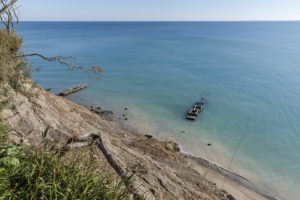
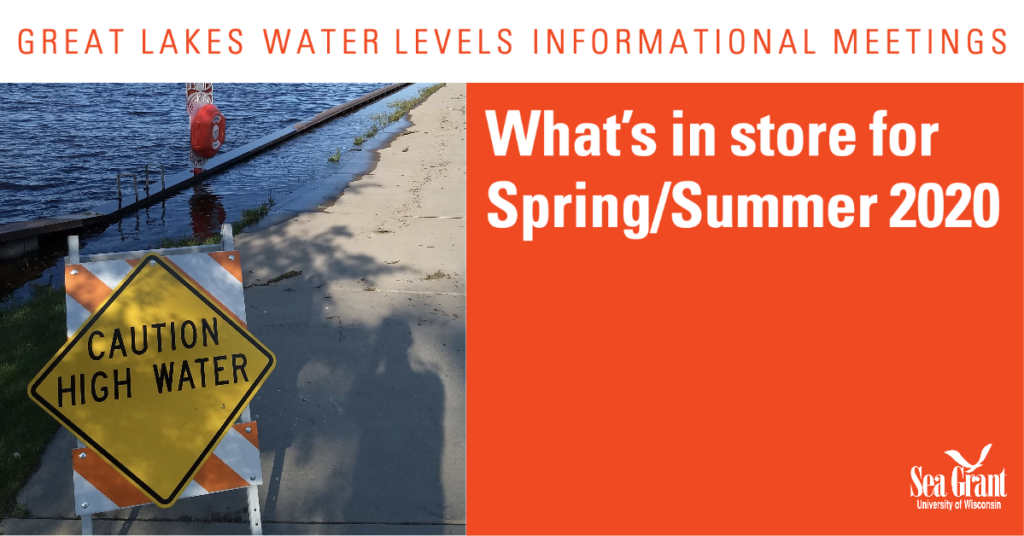 The Zoom session featured Bechle along with speakers from the U.S. Army Corps of Engineers—Detroit District, National Weather Service Forecast Office in Milwaukee/Sullivan and the Wisconsin Department of Natural Resources. The Wisconsin Coastal Management Program and local governments also played a role in putting the session together. About 112 participants watched it live.
The Zoom session featured Bechle along with speakers from the U.S. Army Corps of Engineers—Detroit District, National Weather Service Forecast Office in Milwaukee/Sullivan and the Wisconsin Department of Natural Resources. The Wisconsin Coastal Management Program and local governments also played a role in putting the session together. About 112 participants watched it live.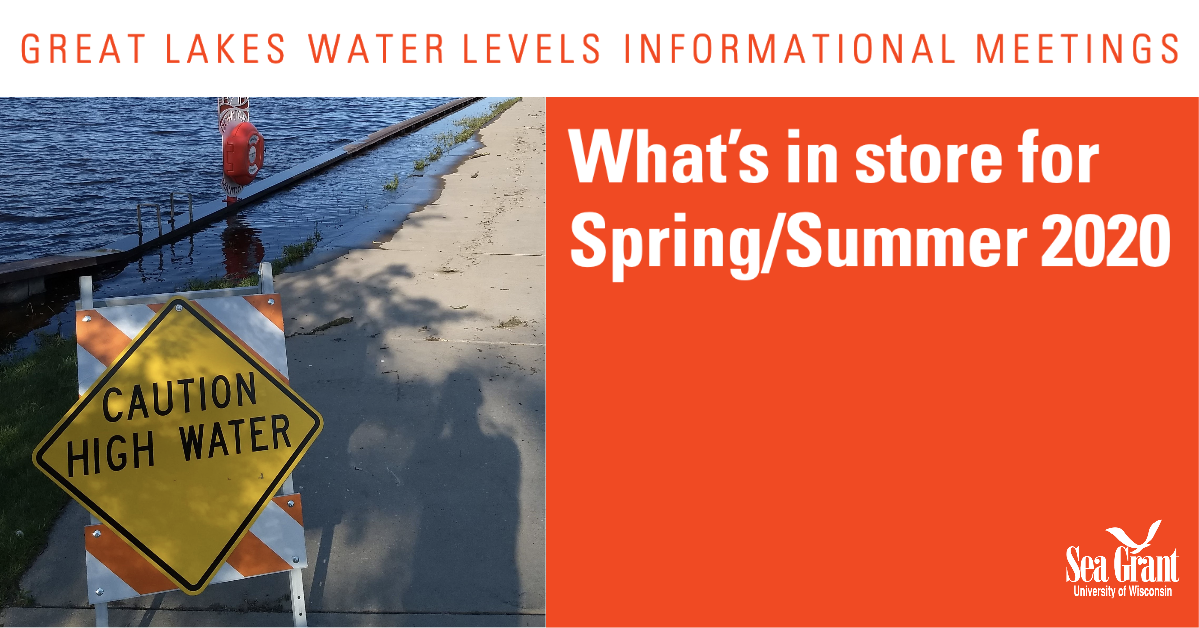 Great Lakes water levels have been at or near record highs in recent months, prompting concern among many Wisconsin residents.
Great Lakes water levels have been at or near record highs in recent months, prompting concern among many Wisconsin residents.